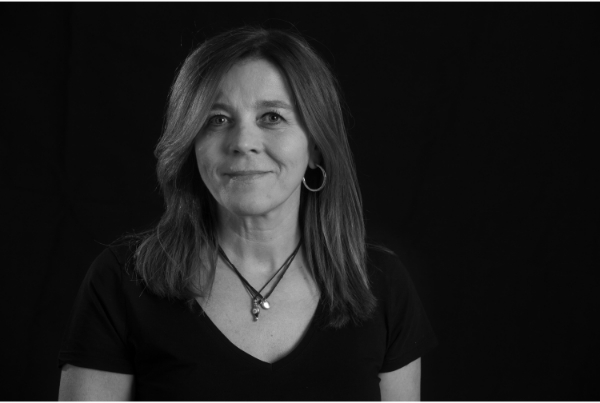Patrizia Ziveri is an ICREA Research Professor at the Institute of Environmental Science and Technology (ICTA) at the Universitat Autònoma de Barcelona (UAB). She started to work on marine global change in the 1990’s during her PhD dissertation at the Univ. of Padua (Italy)/Univ. of South Carolina (USA), focusing on the impacts of El Niño climate oscillations on calcareous phytoplankton in the Eastern Pacific. After a postdoc at USC, she moved to the Vrije Univ. Amsterdam, NL, first as a researcher then as senior scientist/associate professor. She joined ICREA in 2014. She coordinates the Marine and Environmental Biogeosciences Research Group that catalyzes research on the natural and human-driven marine processes addressing major marine global change and sustainability challenges. She was the Scientific Director of the ICTA-UAB Center of Excellence ‘María de Maeztu’ from 2016 to 2020.
